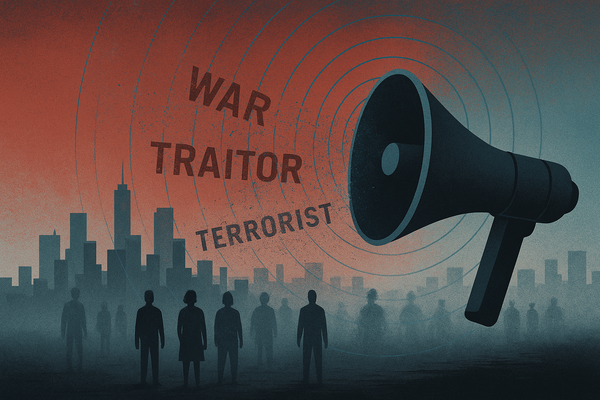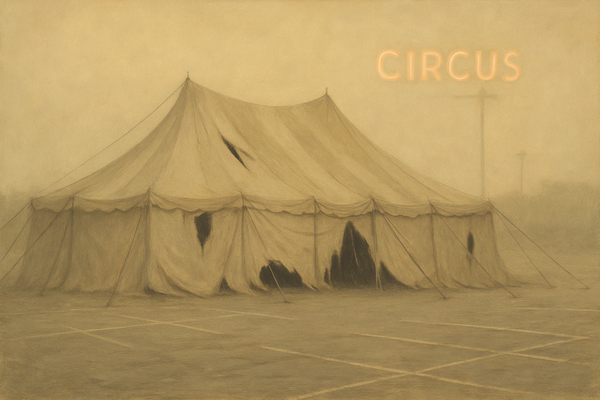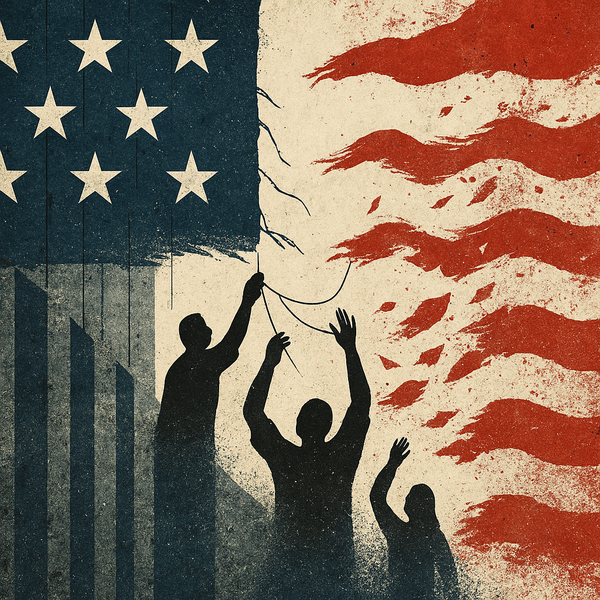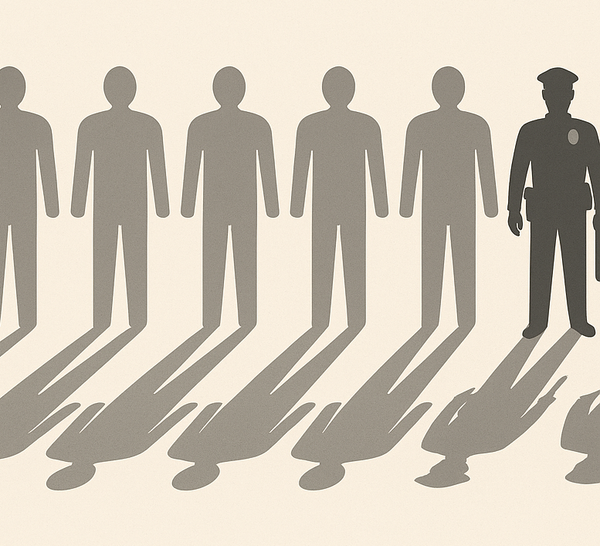When Did Accountability Become Optional?
There was a time when being wrong came with consequences. When getting caught in a lie meant something. When leaders resigned because they…
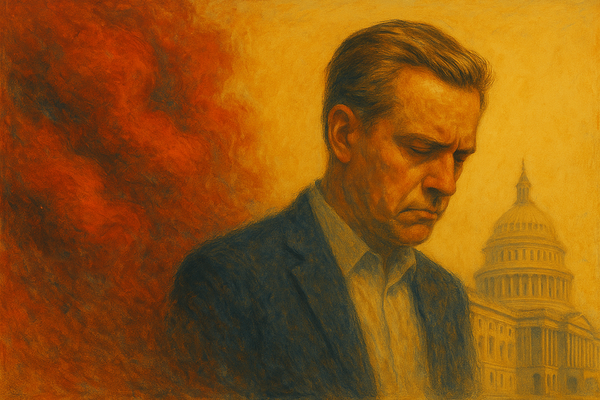
There was a time when being wrong came with consequences. When getting caught in a lie meant something. When leaders resigned because they…
There was a time when being wrong came with consequences. When getting caught in a lie meant something. When leaders resigned because they had to. Now, accountability feels like a punchline — something we bring up in think pieces, not real life.
So what happened?
Shamelessness Is a Strategy
In today’s culture, the best way to survive a scandal is to pretend it doesn’t matter. Double down. Call it fake news. Say it’s political. And if you do it with enough confidence, you might just get away with it.
Worse, you might even get rewarded.
Our attention spans are short. The news cycle is faster than ever. Outrage burns hot and disappears even faster. That makes the cost of bad behavior… negotiable. If you wait long enough, most people will move on.
We Mistake Branding for Character
The public image machine is powerful. And now that everyone’s a brand, actual accountability gets replaced with PR stunts and performative apologies.
Say the right thing. Post the right note. Use the right filter. Do the bare minimum and then wait for the next thing to go viral. Meanwhile, the actual harm remains unaddressed.
We don’t ask, “Did you make it right?” We ask, “Did it blow over?”
Power Protects Itself
The bigger the platform, the more insulation there seems to be. Celebrities, politicians, CEOs — they all seem to operate under a different rulebook.
We watch public figures sidestep consequences that would destroy someone with less money or fewer connections. And we get used to it. We start to expect it. That’s the real danger.
When accountability feels optional for the powerful, it becomes invisible for everyone else.
Accountability Isn’t Punishment. It’s Maintenance.
This isn’t about cancel culture. It’s about clarity. Accountability isn’t about being perfect. It’s about being willing to own the impact of your actions and make things right.
Think of it like maintenance. If you never change the oil in your car, it breaks down. If we never call out harm or hold people to a standard, the system breaks down too.
Democracy, trust, leadership — they all need care. They all require repair. And repair is only possible if we stop pretending damage hasn’t been done.
It’s Time to Raise the Bar Again
We need to bring back the expectation that if you hold power, you’re responsible for what you do with it. That apologies don’t mean much without action. That silence isn’t neutrality — it’s complicity.
We can’t change the whole culture overnight. But we can start by refusing to lower the bar any further.
It’s not about being unforgiving. It’s about being honest. And demanding better.
